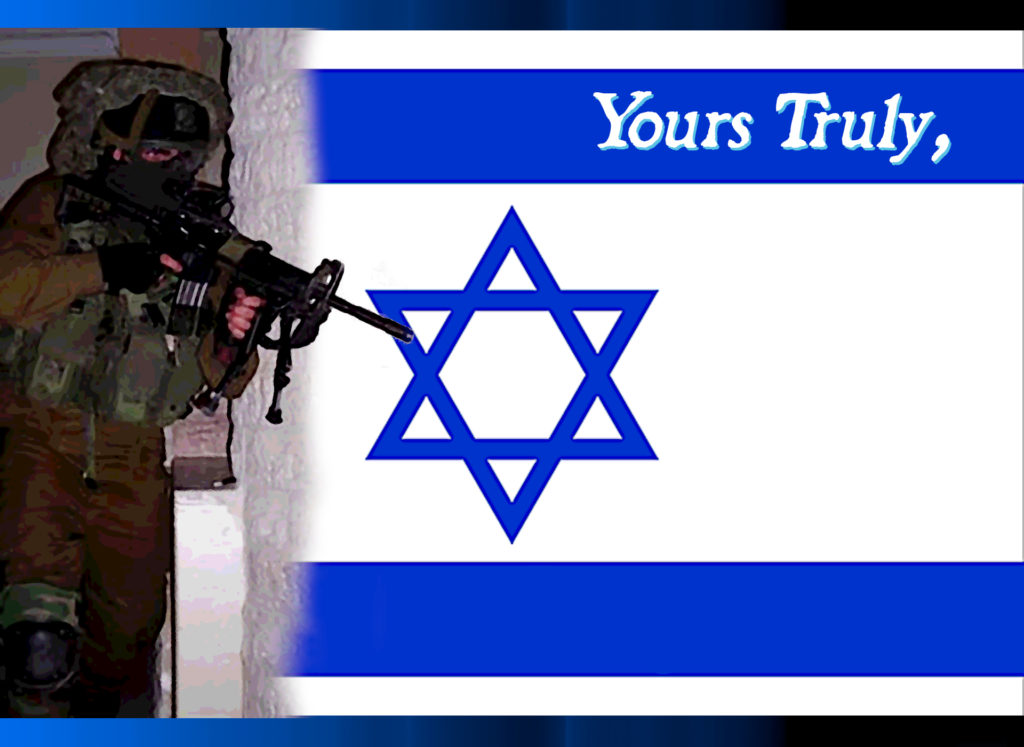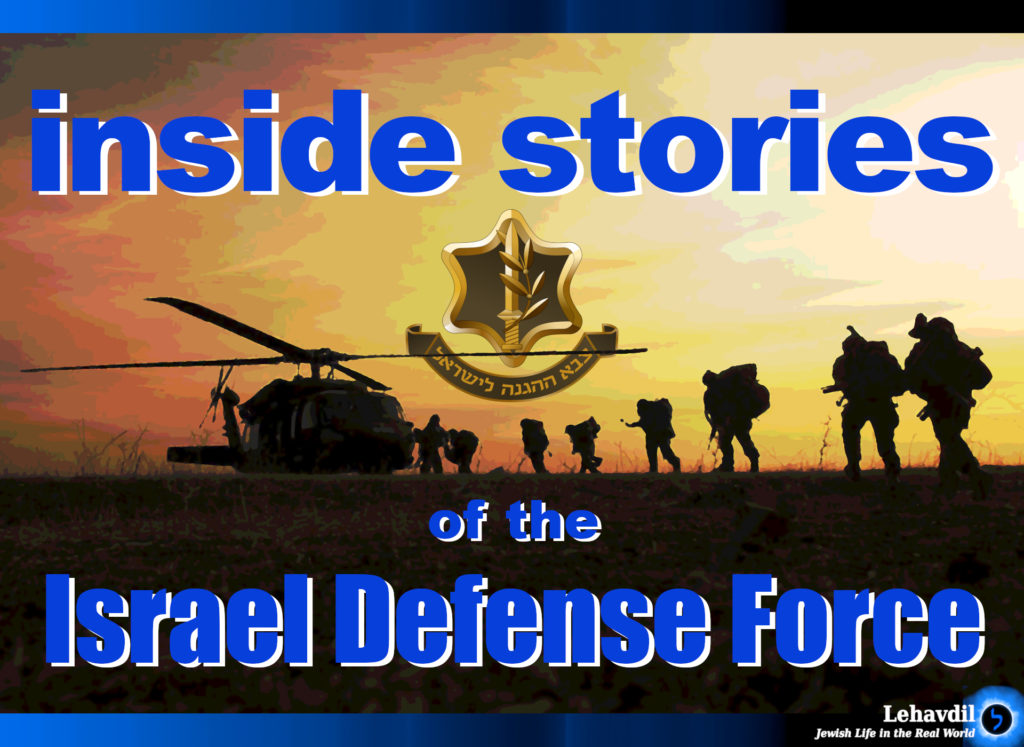

#1 ~ THE GAZA WAR OF 2009 THROUGH MY EYES
Day 1 ~ January 3rd, 2009
It was four-thirty in the afternoon. The sun was beginning the first stage of setting low beyond the tranquil waters of the azure Mediterranean Sea. The entire battalion sat in an auditorium listening attentively to the final instructions delivered by the colonel. Suddenly his speech was interrupted. The entire building rocked and the windows shook violently from a massive explosion. There was a tense moment of silence, but the colonel merely smiled as he glanced at his watch.
“That’s our Air Force,” he explained proudly. “And they are starting exactly on time, just as they promised.”
The tension broke. That was when I realized more than ever that the war was real; the war was here.
After the briefing we made a final check on our equipment and painted our faces with camouflage paint. I then placed a purple bandana on my head pirate-style. This bandana was a source of teasing throughout the entire war. The bandana had been given to me by a good friend of mine, who was a married religious Jewish woman who traditionally covered her head. At a certain point just before the conflict broke out I had been hanging out with her and her religious study group. After a few L’Chaim’s the purple bandana had an inexplicable appeal (partly because I commonly wore a bandana or similar head covering underneath my combat helmet for comfort). She happily gave it to me, and my friends all wrote nice and inspiring messages on it. With my face painted and a purple bandana on my head, I proceeded to put on my helmet, body armor, combat vest, and a backpack designed to carry two SPIKE missiles. I later weighed the missile pack and found that it came in at over forty-five kilograms (one hundred pounds).
I served in Platoon Six of the Paratroopers 890 Heavy Weapons & Reconnaissance Company. Our battalion had been tasked with entering the Gaza Strip from the very north relatively close to the beach. My platoon received orders that we were to proceed three kilometers by foot to a hill on the outskirts of Elei Sinai. Elei Sinai was a dismantled Jewish village similar to Gush Katif that once existed in the Gaza Strip. Now it was reduced to weeping chunks of concrete and sorrowful, abandoned roads. As we departed the base, I found it highly ironic that we actually had to wait in line to “sign-in.”
“Hey, Axl,” I called out to my friend with a slight grin. “Are we going to a war or a wedding?”
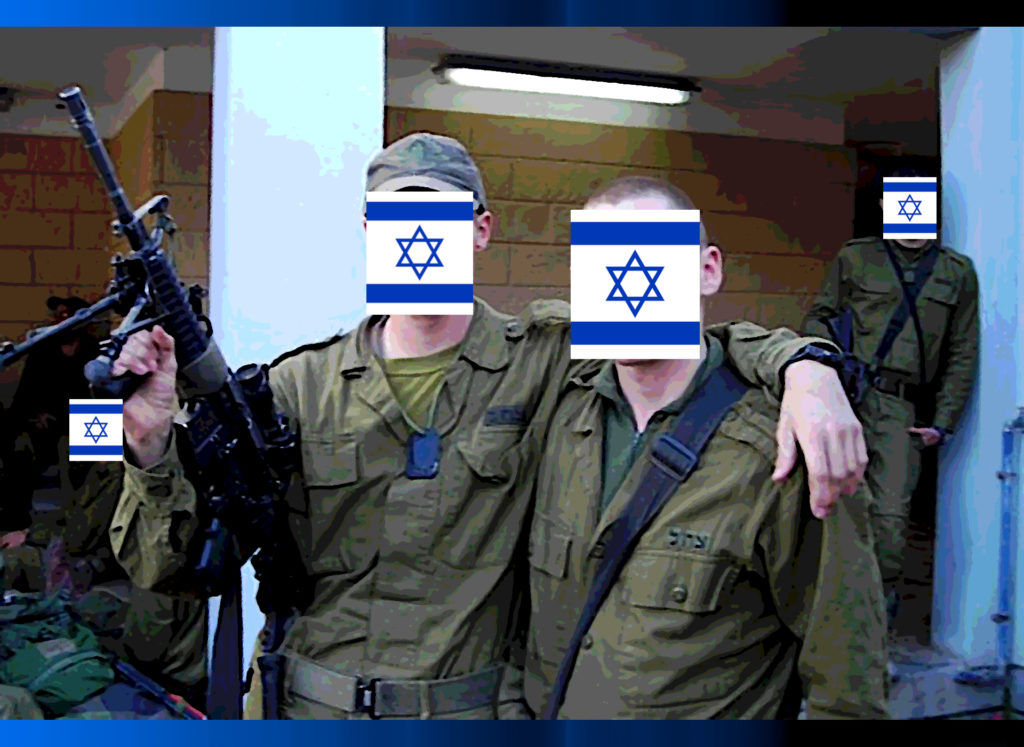
Finally, we started moving forward. And then the bombardment by ground forces began. Our sister platoon, Platoon Seven, specialized as a state-of-the-art mortar crew. I had seen bombardment before, but nothing could compare to this. This time our forces brought out the big guns, so to speak. The mortars themselves created huge mushrooms of explosive fire deeper in the Gaza Strip; the following boom resonated throughout the entire landscape.
The moment the bombardment began I could feel any and all nervousness vanish and melt away. I no longer felt alone, like a measly infantry soldier in the Paratroopers weighed down by missiles. We were a team; we were an army; we were friends. And we were going to take down Hamas.
The air force also accompanied us. At almost all times Apache gunship choppers soared overhead and drone aircraft hovered in support. I later discovered that the drones themselves were not defenseless. I was surprised to find out that they were also heavily armed with both rockets and a Vulcan cannon.
Almost comically, the drone engine sounded like a flying lawnmower. It wasn’t long, however, before we began to respect our IDF drones due to their heavy yet precise firepower. Additionally, the landscape was occasionally illuminated by an enormous explosion in the distance. It was only then that I would hear the sonic roar of the F-15 Eagles and F-16 Falcons flying low overhead afterwards followed by the impact of the detonation.
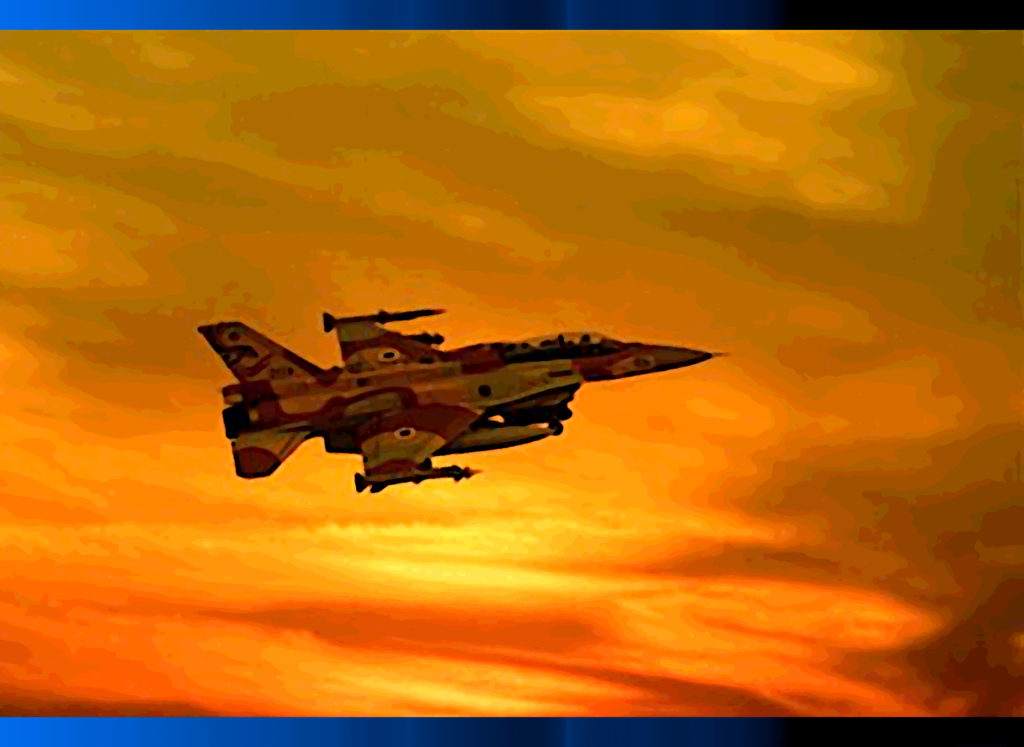
We pressed on. We had not been informed, however, that our path traversed nothing but seemingly endless, beachy sand dunes. Trudging onward in three kilometers (two miles) in sand dunes with two missiles, body armor, a twenty-four hour supply of food and water, two hundred bullets, and more, was more challenging than I had anticipated.
Perhaps surprisingly, it was very cold. Anyone who thought that Israel was consistently warm and pleasant was in serious error. The climate was very similar to southern California. During the summer months Israel was warm — even hot — especially in the desert areas. But in the winter the climate could become cold, especially because of the proximity to the sea. And tonight apparently was not an exception.
Finally I and the rest of Platoon Six reached our destination. We prepared to set up our position next to another sister platoon, Platoon Five, the Reconnaissance Platoon, on a ridge in Elei Sinai. This ridge overlooked the first towns of the Gaza Strip from where most of the rockets had been launched at Israeli civilians. When we arrived, however, our colonel reassessed the situation and realized that the vast majority of the targets that we were supposed to destroy with our SPIKE missiles had already been eliminated or had fled from the Israeli Air Force and Paratrooper mortar teams. Thus, there wasn’t much of a reason for us to remain there with the Reconnaissance Platoon as originally planned. Instead, we were ordered to continue south and join Platoon Eight as a light infantry force spearheading the operation. Unfortunately, we were still loaded with the heavy missiles and other equipment, since we had not fired them at our anticipated targets. Still carrying our full loads on our backs, we had just been ordered to walk another seven kilometers (four miles). Needless to say, our trek to our next point was the longest seven kilometers (four miles) I had ever walked in my life. I strongly suspected we had trudged through the sand dunes and outer urban sprawl of Gaza for significantly longer than that.
We continued marching… and marching… and marching. All the while the Paratrooper mortars and Israeli aircraft proceeded to destroy nearly every possible enemy target that might have opposed us in one large, explosive fireball after another. Apparently the purpose of the Israeli bombing was not merely to clear our path; we also sought to ensure that no civilians remained in the area. The explosions were so massive that even from a distance of a kilometer (half a mile) we could feel a solid rush of air against our faces and our ears popped from the sudden change of pressure. In that context, we can imagine Palestinian Arab civilians defiantly sitting in their houses and stubbornly refusing to evacuate. And then Israeli mortars began to fall, landing fifty meters from their backyard, and slowly drawing even closer. The idea was that anyone who insisted on remaining in the area after that kind of bombardment was either a terrorist ready for a fight or a suicidal fool (or perhaps both). This technique was highly effective, and most of the urban areas we entered were almost completely vacated of civilian life. This fact was completely contrary, of course, to what the media would have the world believe. Similarly, to my knowledge no other military in the world uses such methods of wasting munitions to warn the enemy of our assault in order to protect their civilians. And yet somehow the IDF is continually lambasted for our alleged “reckless endangerment of civilians,” “war crimes,” and similar nonsense and lies.
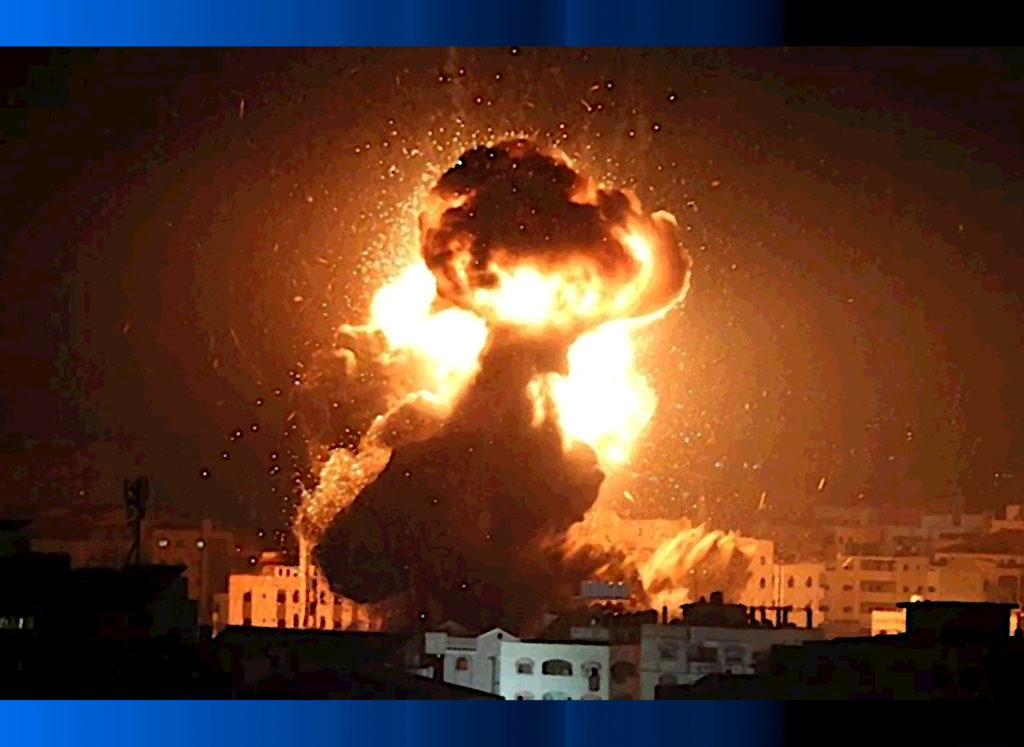
At about five in the morning we arrived at our new destination — an abandoned orchard just outside a Gazan city. We quickly dug in and waited for the sun to rise and the rest of the Israeli armed forces to catch up. It was so cold I couldn’t feel my feet and I was actually worried that I might have had a serious medical problem. Similarly, I think most of us had mild hypothermia. I later heard that at least six soldiers from a sister battalion had to be evacuated from severe hypothermia.
I also heard that the Golani battalion had accidentally triggered a deadly booby trap. Golani had joined the assault and entered the Gaza Strip from a different angle. While we had all taken great efforts to detonate any mines, explosives, or other booby traps along the way, apparently Golani had missed one. Some of their soldiers stepped on an enormous, improvised landmine. Tragically, two Golani soldiers were killed and twenty of them were wounded.
I clutched my assault rifle and peered into the darkness. I listened to the indescribable sounds of warfare, waiting for the sun to rise.
